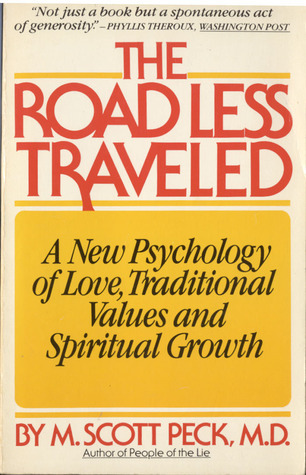by Rev. Dr. Dale Azevedo, Sr. Minister
Years ago, the church I was serving had a guest speaker on Laity Sunday. It was one of our lay leaders and Church School teachers. The premise and title of his sermon was pretty simple:
“Love is a verb.”
I’m not quite sure why I had never really heard that sentiment before. On the surface, it seems pretty simple and obvious. But there was something about the way Ed delivered it that made me really stop and think. Love truly is a verb.
Now, literally, “love” is regularly defined in our dictionaries as having both verb and noun uses. Love is defined as either “an intense feeling of deep affection” (noun) or “to feel deep affection” (verb). But these literal definitions from the dictionary miss the point of Ed’s sermon…and frankly miss the Christian understanding of the word entirely.
When Ed stated that “love is a verb” he was drawing a distinction between the common cultural understanding of “love” as a feeling with the more Christ-like understanding of love as an intentional action one undertakes.
For instance, Jesus challenges us to “love [our] enemies.” (Matt 5:44) It seems quite obvious to me that Jesus isn’t asking us to have deep affection for “those who persecute” us. Instead, he is asking us to take on a specific action. He asks us to pray for them. One can also surmise that he would want us to treat them with dignity and respect. More than once he asks his followers to not follow up violence with violence. Jesus has the capacity to see the dignity and value in all people, and therefore he has compassion for them, even those who nailed his hands to the cross. (Luke 23:34)
I don’t think it is too much of a stretch to say that the Biblical understanding of love is spelled out in the Golden Rule, “Do unto others as you would have them do unto you.” (Matt 7:12, Luke 6:31) Again, this defines love as an action, as a verb, “do!”
Early in my adulthood, I was encouraged to read M. Scott Peck’s book, The Road Less Traveled. In it, Peck establishes his own definition of love. One that I happen to feel aligns very closely with Jesus’ message. One that also, once again, casts love as a verb.
“I define love thus: The will to extend one’s self for the purpose of nurturing one’s own or another’s spiritual growth.” (M. Scott Peck)
For Peck, love is about extending oneself, about making oneself vulnerable. And this vulnerability has a purpose, and that is to nurture spiritual growth. Peck states that if we are to truly love someone, we will go out of our way to nurture their growth.
Notice too, that he calls us to love ourselves by nurturing our spiritual growth, as well! This also aligns with Jesus. Multiple times Jesus tells us to love others “as we love ourselves.” Even Jesus understood that the call to love as an action can be turned inward. So, if we are to love, we are challenged to perform loving actions toward our enemies, our neighbors, and ourselves.
HAPPY VALENTINES DAY
So, it just so happens that Valentines Day is this week. Do yourself a favor and don’t forget! Additionally, do yourself and your loved ones a favor, and follow Ed’s, Scott Peck’s, and Jesus’ advice: Find a way to live out your love in a meaningful, tangible way that pushes you to extend yourself for someone else’s growth or well-being.
And remember, Love is a Verb.



